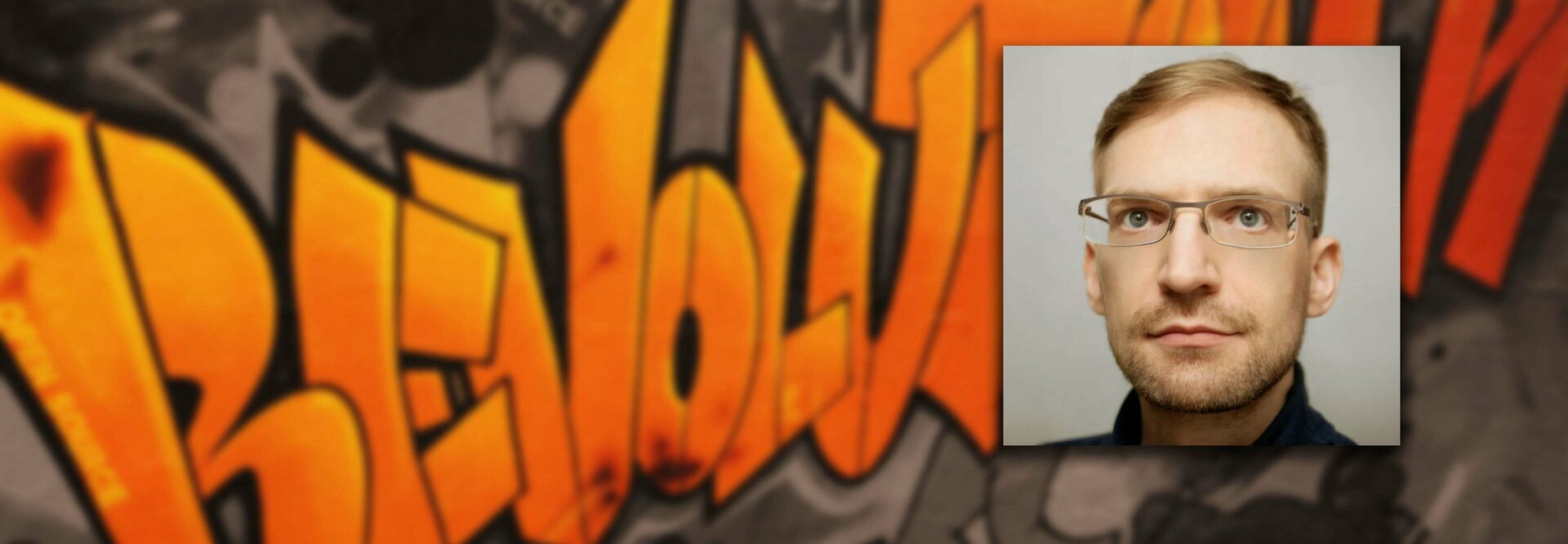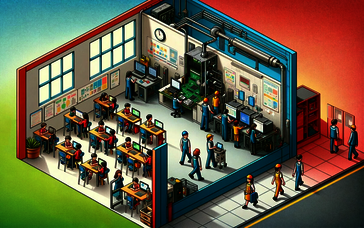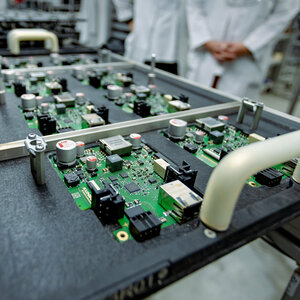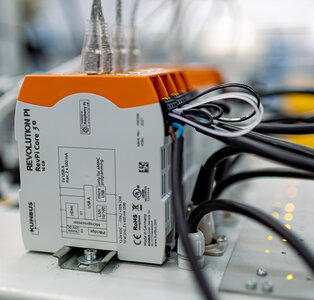Working on the Linux Kernel for KUNBUS

Can you give us a brief insight: How do you collaborate on the Linux kernel?
Lukas: The team and I at KUNBUS work like all other developers in the open source project. For example, we make contributions for optimization or bug fixes, especially with regard to the Raspberry Pi. Because we have a focus on the industry, we have a special view unlike that of the Raspberry Pi Foundation or maker community. Contributions on the topic of reliability and performance are particularly interesting for us. Industrial customers need both. So we try to get as much out of the hardware as possible.
A good example of our everyday work is one of my larger bug fixes. We had this bug that the systems regularly froze. It was a huge problem in late 2019, early 2020, especially in the industrial sector. We solved it months later because it was so difficult to deal with. At first, my colleagues at the Raspberry Pi Foundation couldn’t believe that this bug had gone undetected for years before I reported it. That day I went shopping, came home, had several messages from them, and thought ‘Oh God, what have they written?
You’ve been working on the kernel since 2015. What excites you about the open source project?
Lukas: Millions of people benefit from every change, every improvement we submit. That’s just a charming thing. You have an impact, that’s my motivation. I know that there are many makers who use the Raspberry Pi and who are mostly unaware of my contributions. But Steve Jobs once said ‘we are here to make a dent in the universe’. And I have the feeling that we really do have an impact with our contributions. Especially in the entrepreneurial open source field, it’s such a meta-level: you work for a company, but at the same time it’s an open project and not exclusively specific to one particular company. If you were to change company, you could still continue to work on the Linux kernel. It’s just that open source lives longer than anything a company does. So once you get the collaborative work down, you don’t want to leave. It’s addictive. It’s sometimes exhausting, for example when people have different opinions than you, you can’t enforce them and then you have to find a workaround or live with it.
Speaking of collaborative work: You have a few years of experience with the project, what lessons can you pass on?
Lukas: It is normal that it’s hard to contribute at first because you are completely in the public eye. I, too, have had one or two arguments, which everyone can now see publicly on the mailing lists for all time. But once you’ve shed that shyness or insecurity a bit, then it becomes normal and it’s more comfortable.
In the end, it’s a challenge to adapt the Linux kernel, letting changes flow back and merge things in. Because everything runs via mailing lists, things have to comply with specifications, you have to network. That’s where the social component comes in, you have to understand people, read between the lines and get to know their mentality, despite the exclusively written communication. We have established a culture at KUNBUS. We develop the patch, it is tested internally and then it goes on the mailing list. Every two months, when a new kernel gets released, we have to convince and argue so that our suggestions are firmly integrated.
And to all those who develop open source privately, I can only encourage them to do so. As you can see in my case, it can open up career opportunities. Because all contributions are like another entry in my portfolio and my CV. I personally benefit from it, it’s like a business card.


